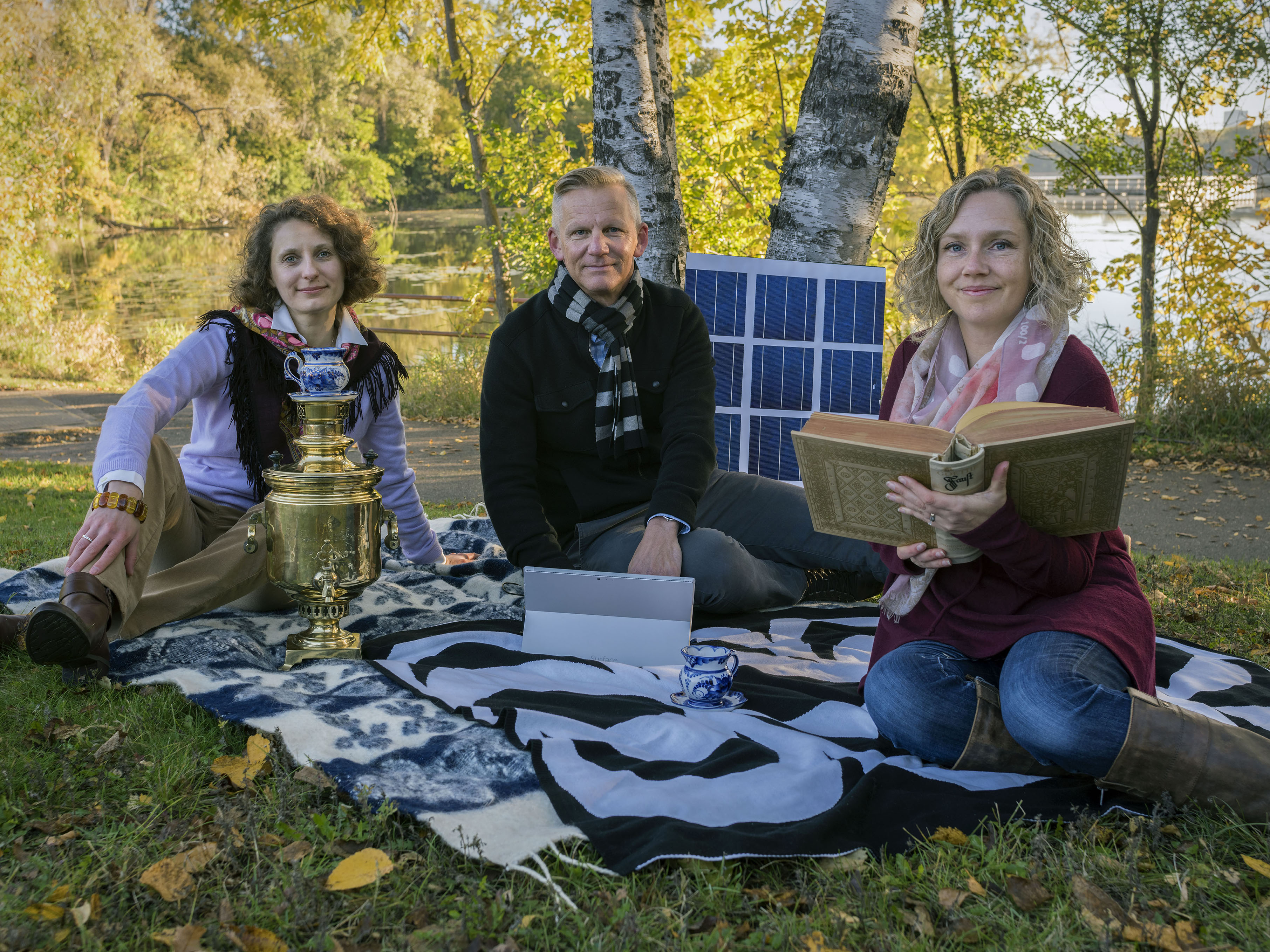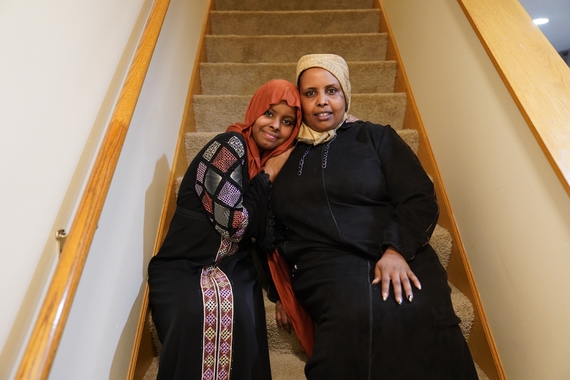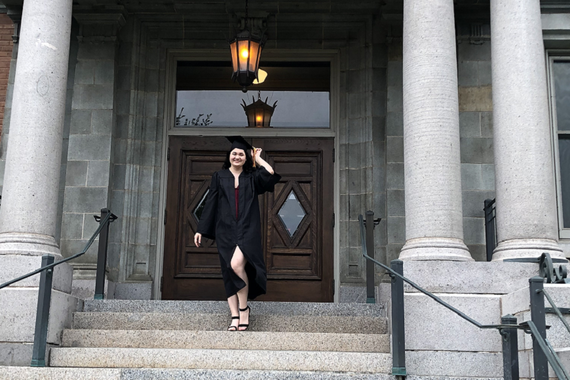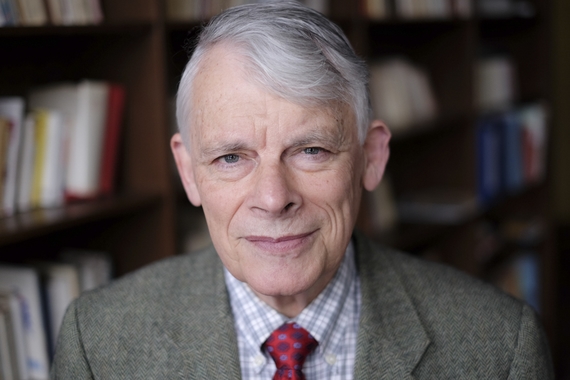On Purpose: Portrait of German, Nordic, Slavic & Dutch

Birches
stretch across Europe and Scandinavia to Finland, Siberia, and the Caucasus.
Native birch stands in the boreal forests of Minnesota.
Books
traveled like the Renaissance
on rivers from Italy to Basel,
down the Alps on the Rhine and into the Netherlands,
along the Danube from Austria to the Black Sea.
This leather-bound centenary edition of Goethe’s Faust crossed the Atlantic,
making its way to the Mississippi
in the hands of immigrants.
Samovars
warm conversation over tea.
Computers
proliferate networks: GSD 2.0 = GNSD.
Solar cells for the environment—
what will come in the transnational future?
Living in a world anticipated by Walter Benjamin in The Work of Art in the Age of Mechanical Reproduction, where authenticity and truth are questioned, we value what can be traced back to the original, be it in the form of runes and manuscripts or contemporary media.
When William Watts Folwell became the first president of the University of Minnesota, his vision for higher education grew out of the experience of traveling abroad and studying philology in Berlin in the 1860s, the same decade that saw the first German courses taught on campus. In 1883, the State of Minnesota passed an act establishing “a professorship of Scandinavian language and literature.”
Among the oldest departments in the College of Liberal Arts, we are also, by virtue of our new configuration, one of the youngest. Photographs capture an isolated moment: here are dedicated teachers, Helena Ruf (German), Nadya Clayton (Russian), and Dan Karvonen (Finnish). Knowledge discovery is dynamic. Through the interdisciplinary study of language, literature, and culture, and through our relationships with the wider community, we create space for discussion of issues involving artistic, intellectual, political, and social perspectives vital for our world today.


